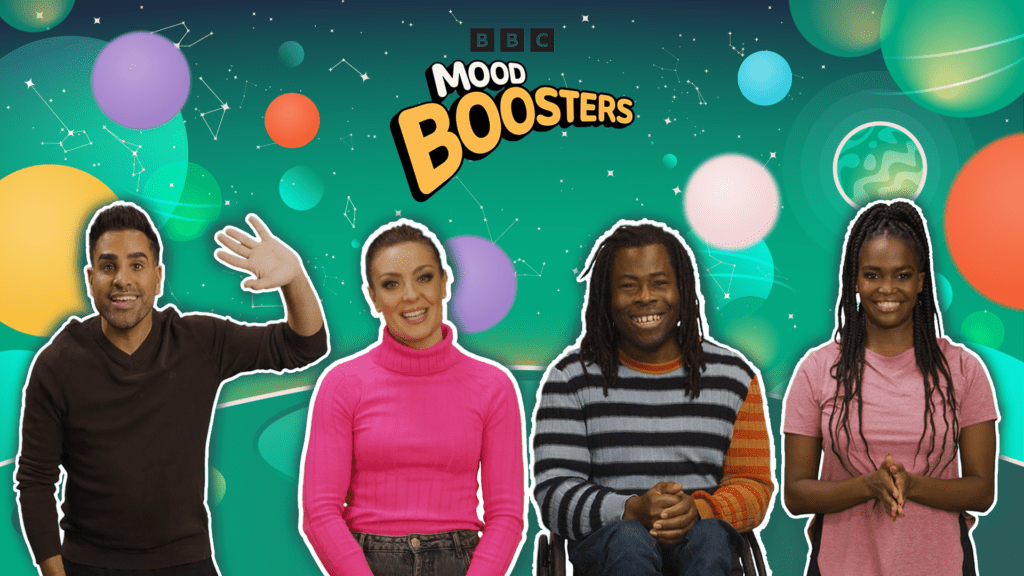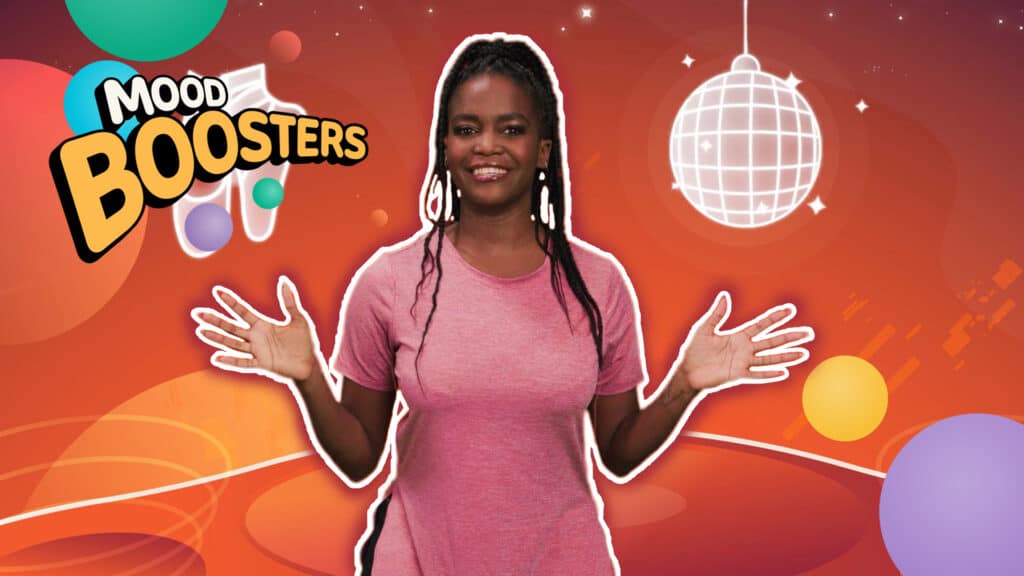
Written by Dr Martin Yelling, CEO of stormbreak
Movement to support children’s mental health
“Get some fresh air!” “Do some exercise!” “Join the netball club!” “Go running!” – all advice we give to friends, family and children to help them improve their mood. For some, a belief that movement can help us feel better has long been part of what we do. But why that is the case is a much more complex picture. I’ve spent more than two decades exploring that very question.
During research conducted for my PhD and Post Doc over 20 years ago, I looked into the link between movement and children’s emotional wellbeing. It has largely been accidental, ad hoc with benefits assumed to take place, sometimes – and certainly not for all. We shouldn’t wait until we’re adults, through trial and error, to realise that mentally healthy movement can support wellbeing. It shouldn’t happen by osmosis or by accident but can be planned intentionally and with focus. This inspired me to found stormbreak in 2018 to help primary schools to easily and accessibly use movement to support children’s mental health.
For stormbreak, everything revolves around movement. Why? Well, during a child’s time in school, their experiences of moving can impact their lifelong understanding of what it means to be a ‘mover’. Sometimes that can be quite negative. But as a charity, we are trying to reframe the narrative. For us, movement is whatever action allows your body to experience anything to do with healthy moving. It doesn’t need to be painful, technical, performance focussed, structured, about intensity or targets. Movement can be as simple as understanding your breath so that you can regulate feelings of anxiety or going for a walk with friends to feel connected.
Movement for regulation and flourishing
How do we achieve our goal of helping children learn to use mentally healthy movement – in its many and varied forms – to help children recognise, respond and regulate their emotions so that they can cope and flourish? We deliver programmes to trusted adults who work in primary schools to give them the skills to support their children’s mental health through movement. We create mental health coaching activity videos that are no more than 15 minutes long called ‘stormbreaks’. They take children through a focussed movement activity which is designed to support an aspect of their mental health. We find that it’s best to do a stormbreak around a mental health concept. We have grouped them into five categories: building better relationships; improving self-care; feeling valued and developing your self-worth; building better hope and optimism; and finally, improving resilience.
BBC Moodboosters
I was really pleased when BBC Education asked us to consult on a new campaign with them to support children’s mental health and wellbeing. Aimed at primary school-aged children, BBC Moodboosters are short, simple and fun videos featuring some famous faces. They make physical movement enjoyable and are designed to give a sense of wellbeing.

The BBC Moodboosters classroom resources can be used for teaching PSHE to primary school pupils aged 5 -11 in England; health and wellbeing in Wales and Scotland; PDMU in Northern Ireland; and to support with Ofsted, Estyn and Education Scotland requirements.
BBC Moodboosters provides teachers with a suite of 40 easy, accessible activities that will help children feel more positive, energised and ready to learn. Each ‘Moodbooster’ is just three and a half minutes long, designed for use in the classroom itself, requires no equipment, and is free to access on the BBC Moodboosters website. The suite of films is categorised into four different themes to suit the mood of the classroom at any given time. They include recharge to help pupils relax; connect to encourage positive relationships with others; boost to increase positive energy; and imagine to encourage pupils to dream and be creative. They are arranged into these four skills, or ‘worlds’, and are designed to be selected by teachers to support the needs of their class, as and when required.
Perhaps a teacher wants to find a way of motivating pupils to have fun as a class and encourage each other when things get difficult. On the BBC Moodboosters website, you can find Strictly Come Dancing champion, Oti Mabuse, leading a country and western style line dance. The activity uses basic line dancing inspired steps to build a simple routine, encouraging pupils to think just one step at a time when things get difficult.
The initiative also features Dr Ranj Singh, Ade Adepitan MBE, Amy Dowden, Bethany Shriever MBE and George Webster, to name a few. Every activity can be used during the school day to help pupils understand and express their emotions and feelings, have fun and feel good.
Supporting a cultural shift
To really support children’s mental wellbeing, there is an important need to generate policy and organisational conversations. There’s an important cultural shift around creating a healthy environment for children and young people. When you look at the landscape of children’s mental health in the last five years, it has significantly changed, but there is always more we can do. It is now starting to find its way into national strategy and localised initiatives. BBC Moodboosters is a significant step forward which we hope will spark a national conversation on the importance of getting every child to embrace the link between movement and mental health.
You can explore Moodboosters through the BBC Teach website – your gateway to the best BBC content for your classroom. The BBC Teach website is packed with short, curriculum-linked classroom videos bringing subjects to life for pupils of all ages, and Live Lessons marking key moments in the school calendar.
This guest blog was written by Dr Martin Yelling, CEO of stormbreak. For more information about BBC Moodboosters, please visit www.bbc.co.uk/teach/moodboosters


Responses